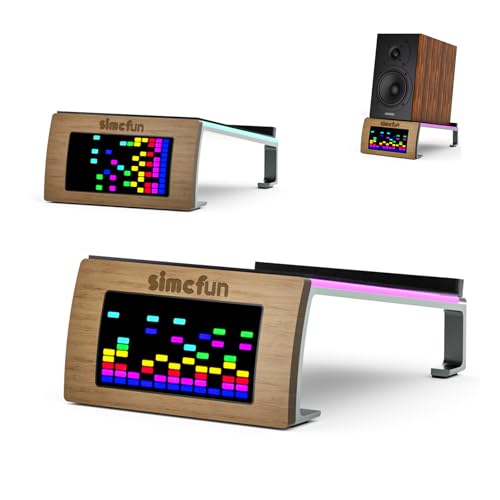fcormier
Senior Member
Like I said previously, I'm using an old computer with OpenMediaVault as a NAS.And here I am with hard drives inside my primary machine like some ludite...
I thought you just used an old machine you have kicking around for a NAS? Unless you suddenly need purpose built performance. I was actually thinking of doing this very thing with an old machine one of these times. My main Mac Pro tower has 4 3.5" and 2 5.5" drive bays though so I'm not short on space.
Any opinions on WD vs Seagate nowadays? (Or anyone else. Toshiba?)
My sense from reading reviews, using them myself, and servicing other machines is 6 of one and a half dozen of the other at this point. In other words, but the enterprise model with the 5 year warranty with the best price today. WD isn't even making their 'Black' models anymore. I don't see anyone just reading Seagate the riot act anymore either.
Anyway, the last drive pair I just bought was a Seagate 10TB Exos 7200rpm and then a WD 10TB Elements USB for its backup.
As for drives, my NAS was originally equipped with four WD Red 6TB drives. In a four month period, three out of four died (only one was still under warranty). I replaced the failed WD Red drives with Seagate Ironwolf drives. All those are NAS specific drives.
























